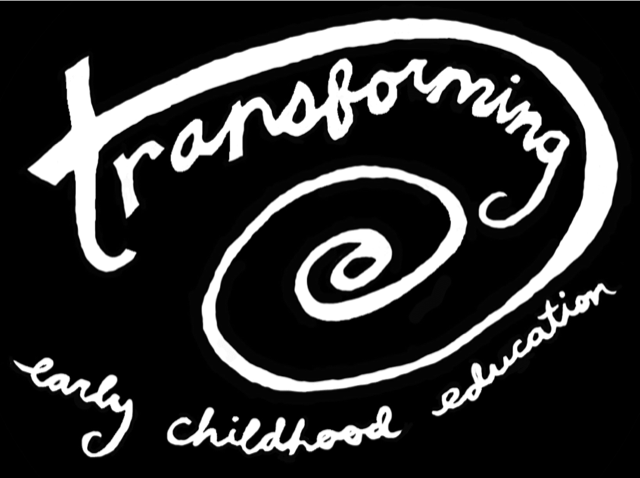Preparing (for the end of) Daylight Saving Time
Preparing (for the end of) Daylight Saving Time
Living in a state that follows the daylight saving schedule, you're likely aware of how much this time change affects your sleep. The same goes for our youngest learners - young children need more sleep than adults, and they don't tolerate lack of sleep in the same way we do. Did you know that missing just one hour of sleep can affect a young child's attention span, overall mood, and appetite?
It's crucial for adults caring for young children to prepare in advance for this change. In March, when daylight saving time begins, families need to shift their children's bedtime earlier to prepare them for the change. If a child goes to bed around 8 pm, at least 4 days before the change, families would put their child to bed 15 minutes earlier each night until they are going to bed an hour earlier. Families should also wake their child up a little bit earlier.
This year, daylight saving time ends on November 2nd. To prepare for the end of daylight saving time, families will reverse the schedule they followed when it began- pushing wake-up time and bedtime a little later each evening.
Families need to have a consistent bedtime routine to help their child get the sleep they need:
Children aged 4 to 12 months require 12-16 hours of sleep
Children aged 12-24 months need 11-14
children 3-5yrs old 10-13hrs
Routines should include three steps- this is the optimal number for adults to do consistently and for young children to remember. An example of a 3-step routine could consist of bath time, tuck in bed, and read a story, or tuck in bed, read a story, and kiss goodnight. Each person who puts the child to bed at night should follow the same 3-step routine. To ensure consistency, the routine needs to be done for at least two weeks before any adjustments (changes) should be made.
As early childhood professionals, we are invested in the children in our care. We should be just as invested in their families and life at home. If a child is struggling at home, you will feel the effects of this struggle in your learning environment. Finding ways to support families without judgment is essential to the well-being of all our children.



